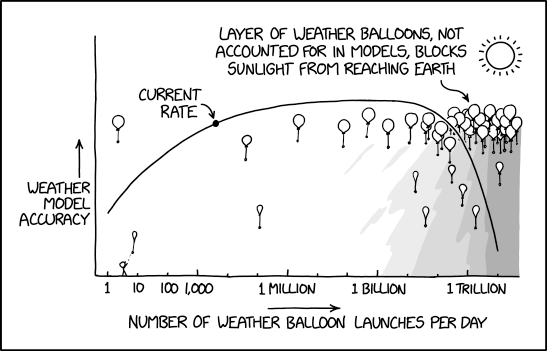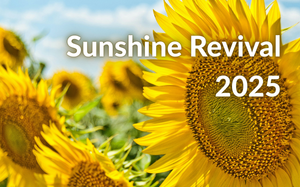Note: Emezi is nonbinary and started using they/them pronouns after this book was published, so earlier reviews may misgender them, as does the jacket bio.This autobiographical novel follows Ada, a young Nigerian who is inhabited by multiple spirits. In Igbo the word for this is ọgbanje, which seems to sometimes refer to the spirits and sometimes the host (or maybe trying to distinguish the two is a failure of cultural literacy on my part). From birth, Ada knows she's different, and sometimes living with the spirits is a struggle. At other times they're a source of comfort and protection as she deals with unsettled family relationships, a move to an entirely new culture in the US, and intimate partner abuse. A lot of the time it's both.
Like
Stone Butch Blues, this book is so memoir-shaped and episodic that it's hard to parse it as a novel, but it does have novelistic prose which is quite strong and evocative, and there's a satisfying arc. The use of alternating POVs among the different spirits is effective at establishing them as their own voices with their own motivations and interiority. Ada isn't really the main character—we get the spirits' perspectives on entering her body, being born from her trauma, and making decisions about how to deal with her, long before we ever get Ada's own POV. It's more of an ensemble piece. Conversations between Ada and the spirits take place in an internal mind palace where each entity has a physical form, which helps it feel more vividly concrete rather than an abstract dialogue among inner voices.
The book takes an eclectic perspective on spirituality and mental health. Western psych concepts of dissociative identity are fluidly interwoven with Igbo religious traditions, as well as with Christian spirituality. (Jesus is an occasional visitor to the mind palace.) This feels very honest and unfraid to hold diverse truths, which is refreshing as well as thematically resonant.
Though the character Ada goes by she/her, she does have gender stuff going on, which is presented in the context of one of the inhabiting spirits being male. It was a little startling to me to have this portrayed so frankly, because it's one of those things we talk about in the trans community but not necessarily outside it, and it made me feel a strange mix of comfortable familiarity and high anxiety. Like, yes, there are trans/nb/genderfluid people who experience their gender(s) in whole or in part as plural identity, but you're not supposed to
say that in public. But when I take a breath and look past that initial reaction, of course I realize that we can't get where we need to go by sanding the rough edges off our reality in the name of not scaring the straights.
I plan to check out some of Emezi's other books. Since this one is obviously a lightly fictionalized recounting of things that really happened, I'll be interested to see what they come up with when they write outside of their specific personal experiences.
Content notes for the book include: Rape, self-injury, disordered eating, and attempted suicide.







